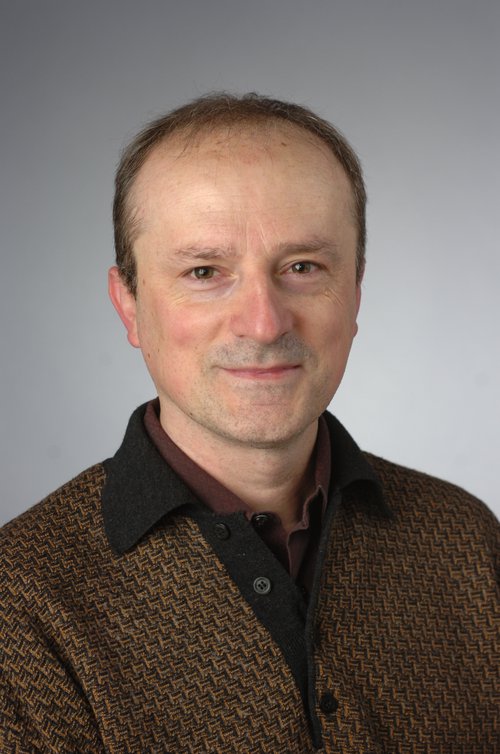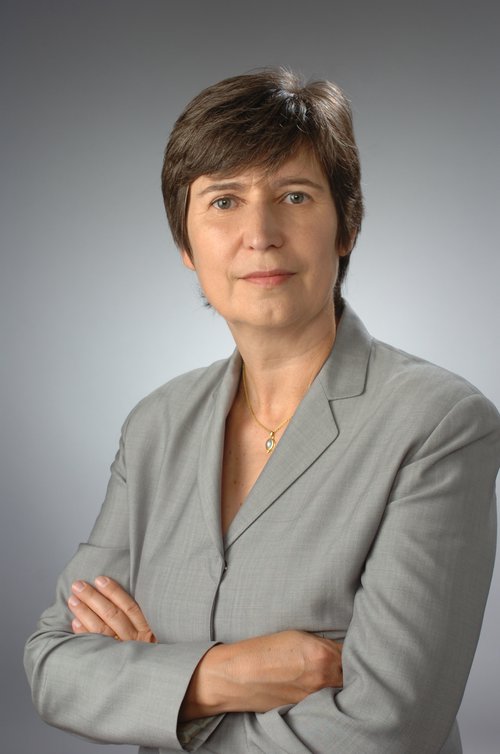About Us
Research Team
The members of this research group come from three different disciplines and distinct literary and cultural traditions: Spanish, Italian and German. Although these and other languages and literatures are, together with Linguistics, housed at Syracuse University in the diverse Department of LLL, individual scholars and programs work within their disciplines, defined by national languages and boundaries. Over the past four years, the three members of this research group have forged strong interdisciplinary collaborations with each other and with colleagues in German, Italian, and Spanish from Colgate University and Cornell University. With this new research project, we want to initiate a phase of interdisciplinary research that creates sustainable scholarly collaborations beyond the CNY Humanities Corridor. For the first phase, May 2018–June 2020, we have received an Innovative and Interdisciplinary Research Grant (CUSE Grant) from Syracuse University.
Archives, for the members of this group, are the equivalent of labs; they are crucial for our research that draws on, in addition to literary texts, original manuscripts and correspondences. Beyond the individual and disciplinary research agendas of each faculty member, our interdisciplinary research group aims at a deeper understanding of displacement, migration, diasporic and expatriate existences and their artistic representations. We focus in our research on the political experience that Germany, Italy and Spain shared under fascist dictatorships and on writers who opposed authoritarian systems. We compare and analyze past and present exiles' voices of dissent. Their specificity provides a critical stance and a unique perspective on Europe, seldom heard in their home countries.
Who We Are

Kathryn Everly, Professor of Spanish, PI of the CUSE Grant, researches the effects of exile on women fleeing from Spain during and after the Spanish Civil War (1936-39). Her research branches out from her first book on writer Mercè Rodoreda who lived and wrote exiled in Geneva, Switzerland for more than thirty years. Her current project focuses on María Teresa León and Concha Méndez who fled Spain for South America and settled in Argentina and Mexico, respectively. Their criticism of the fascist government and nostalgia for a free Spain is expressed in both prose and poetry that incorporate their position as doubly marginalized: as exiles and as women. Their distinctly feminist voices add a much-needed nuance to the discussion of war, exile and writing. She also has published on Spanish artist Remedios Varo, who spent her exile with a well-known group of Surrealists in Mexico. Varo's visual representations of female liberation at the margins of the male-dominated Surrealist art movement in Mexico echo the nostalgic yet critical view of Spain, and of Europe in general, seen in the writing of León and Méndez. The Latin American perspective is unique in that it deals with a postcolonial critique buried beneath forty years of Spain's fascist dictatorship and problematic transition to democracy.

Stefano Giannini, Associate Professor of Italian, Co-PI of the CUSE Grant, investigates the history of Italian exiles/writers in Alexandria, Egypt. The migration of Italians to Alexandria dates back to the 1830s, more than 30 years before the formation of the Italian state itself. The number of Italians in Alexandria grew from a few thousand at the end of the 19th century to more than 30,000 residents just before World War II. Their original status as migrants shaped a distinctly progressive sensibility towards the notion of multi-ethnic societies that was largely misunderstood or unknown in their country of origin. Alexandria enjoyed a vibrant cultural scene: its most famous Italians writers (born in or long-time residents of the city) include: Filippo Tommaso Marinetti (1876-1944), Enrico Pea (1881-1958), Giuseppe Ungaretti (1888-1970), and Fausta Cialente (1898-1994). The case of Enrico Pea is particularly interesting. Pea wrote plays, short stories and novels in which he looked back at the land he left as an adult, to contrast it with his Alexandrian experience. As he laments the poor conditions in which he lives as a merchant and cultural organizer in Alexandria, he discusses also the freedom he enjoys against the political climate in his distant motherland. Giannini will study Pea's works to identify the quality of his dissenting voice on colonialism that Italy has tried to conceal.

Karina von Tippelskirch, Associate Professor of German, Co-PI of the CUSE Grant, focuses in her research on German, Austrian and Central European writers who went into exile after Hitler's rise to power and wrote on the experience of forced migration from abroad, particularly from the United States. Other authors from Central European countries such as Austria-Hungary, Czechoslovakia, Poland, and Romania shared similar experiences. Migration, cultural transfer, displacement and marginality were common themes among these intellectuals, as was the use of German as the lingua franca. Von Tippelskirch's research on German literature is interdisciplinary and situated at the intersection of American, German, Jewish, exile and Holocaust studies. Her recent book, Dorothy Thompson and German Writers in Defense of Democracy (2017), explores the work and life of American journalist (and SU alumna) Dorothy Thompson in the context of transnational networks and cultural transfer between Europe and the United States. While her research specialization is in exile literature by German-speaking authors, she also explored the works of Rajzel Zychlinsky (1910–2000), a major Yiddish poet and Holocaust writer whose poems she translated into German. Her fields of interest include 20th-century and contemporary German and Jewish literature, culture, and visual memory. Her current research explores the geotemporal relationship between centers and peripheries, and collaborations between American expatriates and exiled writers, artists, and intellectuals in and from Germany and Austria.
